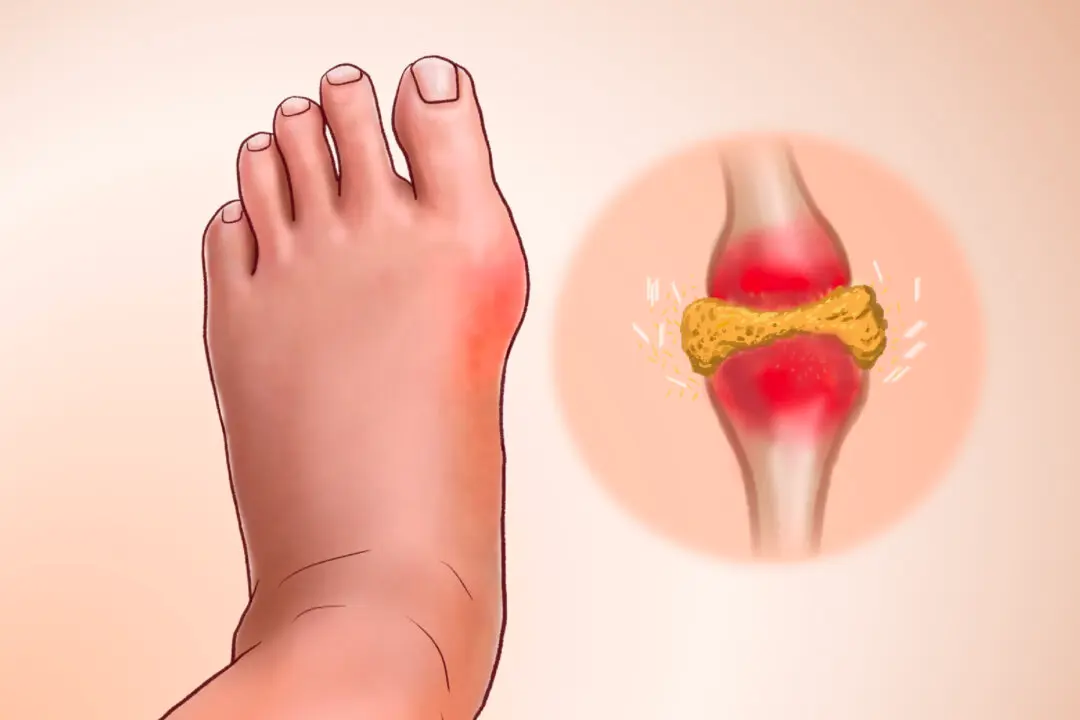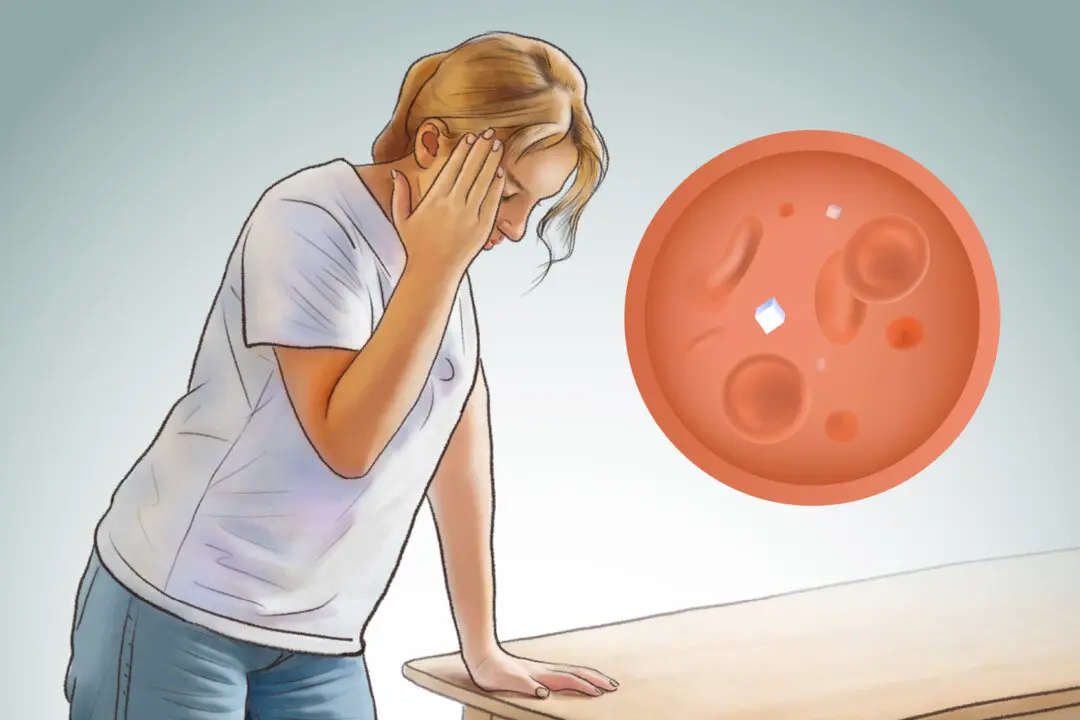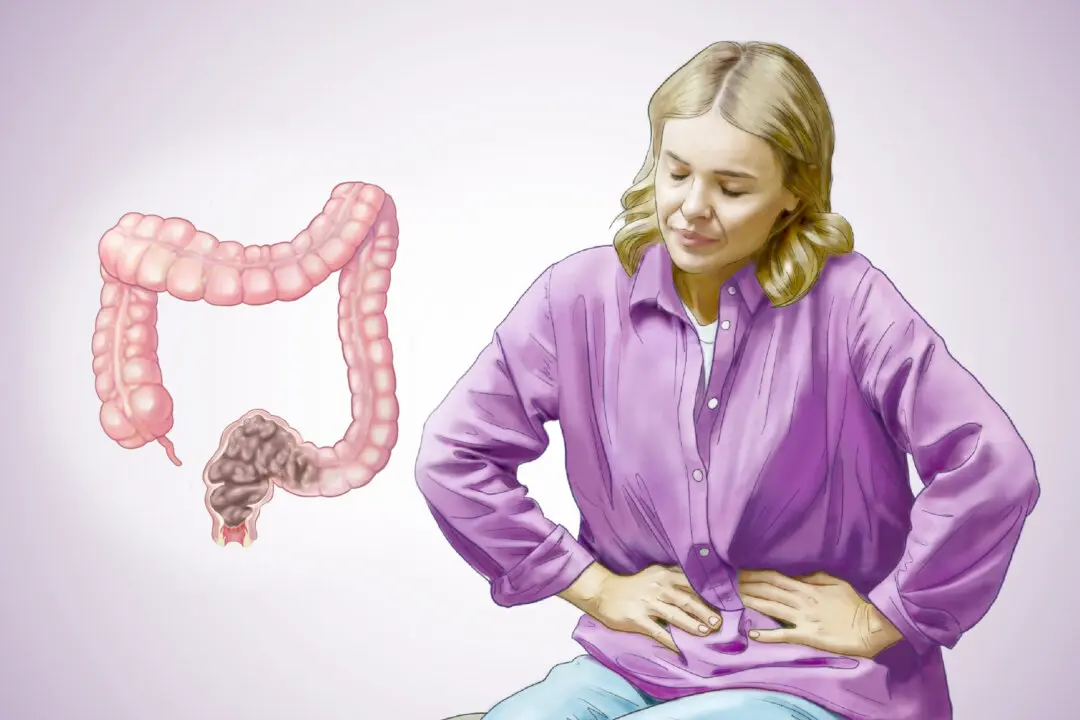The COVID-19 pandemic began over two and a half years ago, and SARS-CoV-2 mutations have come and gone. Pharmaceutical companies rushed to bring new vaccines onto the market.
But these vaccines have not halted future infections–and neither has prior infection–as demonstrated by the Omicron BA.4/5 subvariants.






